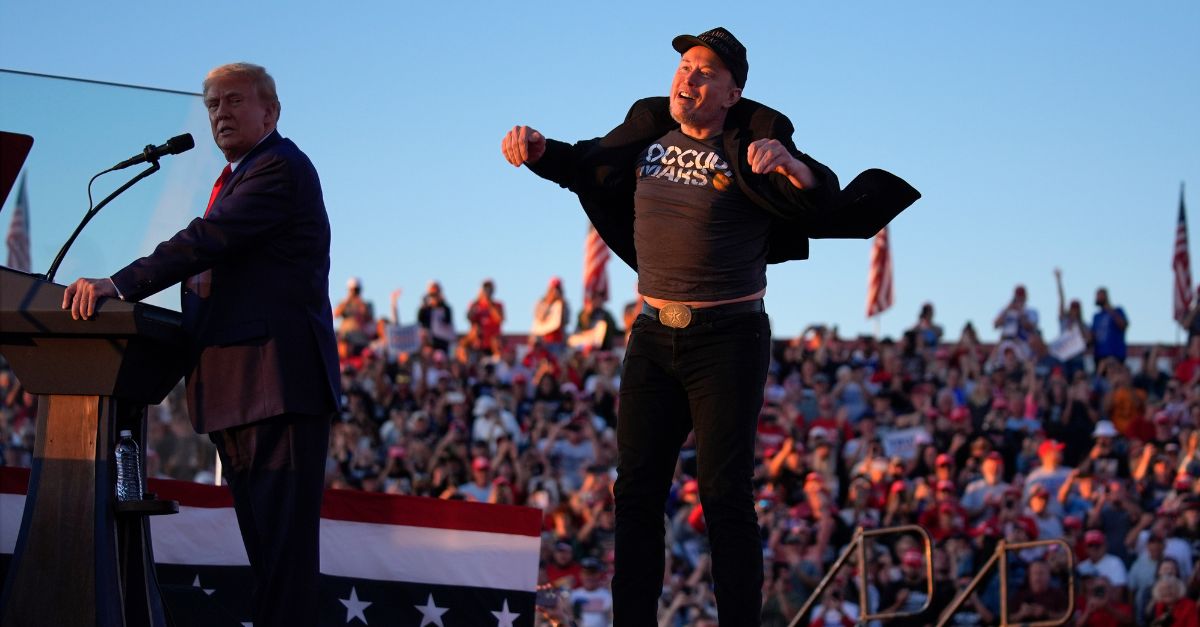Judge’s Scathing Opinion Blasts DOGE for Trying to Access Private Social Security Data
A Maryland federal judge has ruled against Elon Musk’s Department of Government Efficiency (DOGE), continuing to block the group from accessing personally identifying information (PII) held by the Social Security Administration (SSA). U.S. District Judge Ellen Hollander, in a detailed 148-page memorandum opinion, criticized recent shifts in SSA’s privacy policies and emphasized the importance of protecting Americans’ private data. The judge’s ruling comes amid a lawsuit filed by labor unions and a retiree association, who claim DOGE’s actions and the SSA’s cooperation violate the Privacy Act and the Administrative Procedure Act. Previously, a temporary restraining order was issued barring DOGE from accessing or storing any non-anonymized data, and from altering SSA systems. That order is now reinforced by this latest preliminary injunction.

Privacy Breach Raises Alarm
Judge Hollander’s opinion opens with a historical note, stating that privacy has been central to the SSA since its founding in 1935. However, she warns that the agency has recently “abruptly changed course” in allowing DOGE broad access to citizens’ sensitive data. The ruling notes that DOGE had already accessed personal information on millions of Americans without proper explanation or safeguards. The SSA, under the justification of reducing waste and inefficiency, granted DOGE access as part of a budget-cutting initiative. Though the court acknowledged that reducing government waste is a worthy goal, the judge emphasized that methods used must still respect legal and ethical standards — particularly those regarding individual privacy.
Anonymous Access Permitted with Restrictions
While the judge maintained the block on access to non-anonymized data, she did allow DOGE limited access to anonymous information. However, this access is conditional: only DOGE staffers who have passed training and background checks comparable to SSA employees may handle the data. The court stressed that this concession does not diminish the larger concern about how the SSA has handled its long-standing responsibility to protect private information. Importantly, the judge pointed out the irony in the government’s handling of privacy concerns. While DOGE officials declined to reveal the names of their staff due to fears of harassment and privacy violations, the agency still moved forward with giving those same staffers access to millions of Americans’ private information.
Trust Violated, Public Interest Served
The ruling underscores that protecting personal data is a matter of public trust. Hollander strongly criticized the SSA and DOGE for prioritizing internal objectives over privacy, stating that the trust placed in government institutions by the public has been “violated.”
“There is generally no public interest in the perpetuation of unlawful agency action,” the judge wrote, adding that society expects — and deserves — that governmental agencies obey the laws that govern them. The plaintiffs hailed the decision as a win for transparency and accountability, accusing DOGE of hypocrisy by shielding their privacy while disregarding the privacy of others. As the broader case moves forward, Judge Hollander’s injunction ensures that Americans’ most sensitive personal data remains protected — at least for now.


Comments are closed, but trackbacks and pingbacks are open.